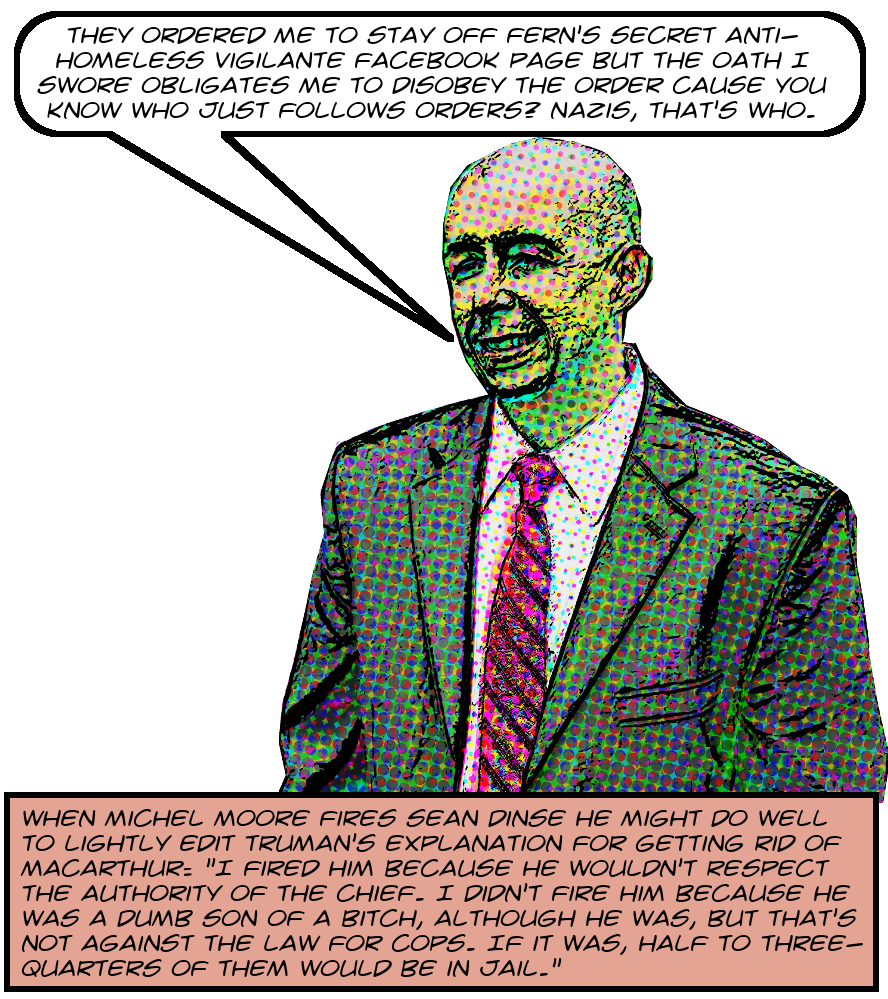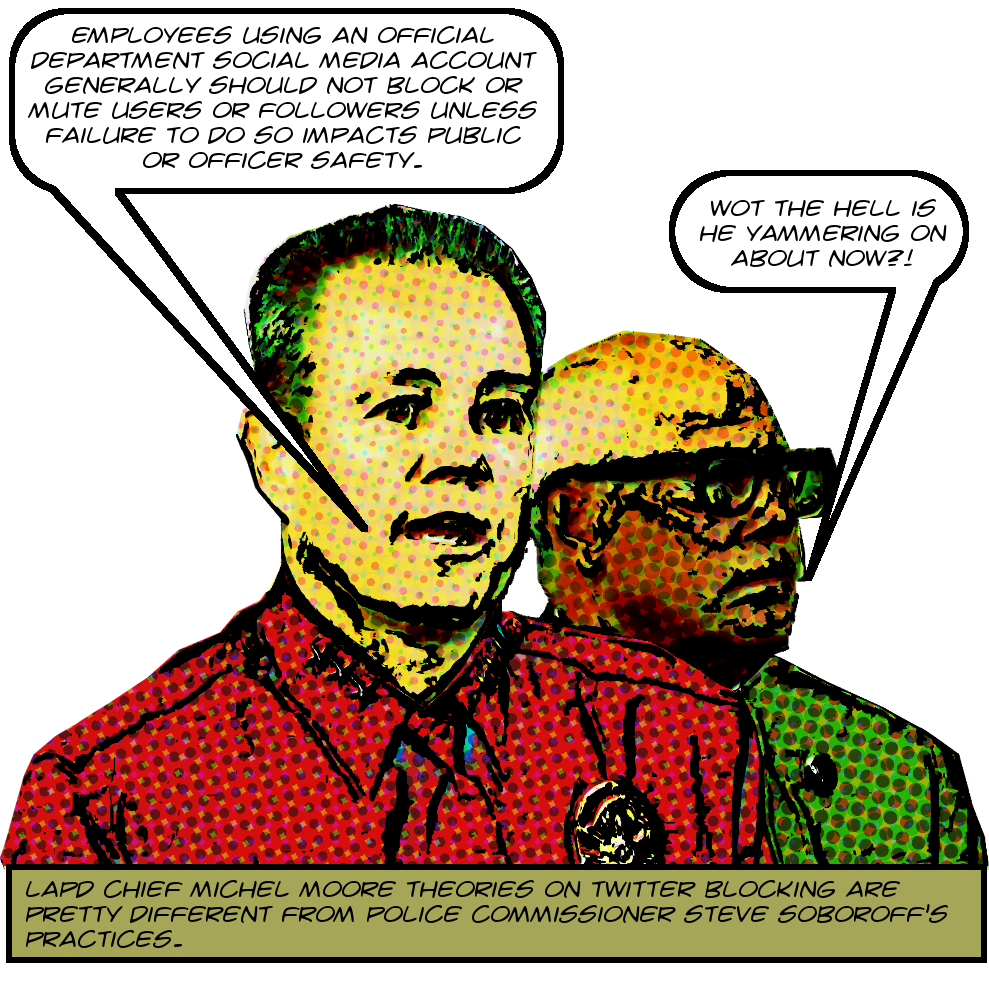On May 25, 2020 Minneapolis police murdered George Floyd and the United States, including the City of Los Angeles, erupted in massive protests. And police around the country, including right here in the City of Los Angeles, responded with disproportionate aggression and overwhelming violence against the protesters. In the wake of that first wave of protests and nearly universal criticism of their response, the LAPD opened over 50 internal investigations against officers for brutality.1
And the Los Angeles Police Commission, nominally an independent oversight body,2 arranged for the National Police Foundation to conduct a putatively independent report on the matter. It’s doubtful that this report will do anything more than evoke the famous “Few Bad Apples” theory to justify maybe tossing a few cops under the bus while vigorously reaffirming the structural and institutional soundness of the LAPD. The NPF is far too compromised to expect much else.
So I’m predicting that the report, when it finally comes out, will be tedious and fundamentally dishonest. But none of that means that the report creation process isn’t interesting. In fact it’s very interesting, as I learned recently when I obtained a few records relating to the process. These documents have to do with evidence requested by the NPF from both LAPD and the Police Commission, and they’re interesting to me for at least two reasons.
First, the fact that Mark Smith, the Inspector General, gave the NPF a huge list of social media posts about the protests3 and told Richard Tefank, the Executive Director of the Police Commission, in an email that the OIG staff had collected them.4 Wondering if the cops are reading your tweets? Not only are they, but they’re quite likely handing them over as evidence! Smith even sent the NPF a 2016 blog post of mine about Cory Palka.5 Also I made an html version of Smith’s links for maximum clickability and it’s at the end of this post.
And second, there’s the sheer bulk of the material the NPF requested and the sheer promptness with which LAPD handed it over. See this August 27, 2020 memo from the NPF to LAPD and Tefank consisting of four pages of detailed requests for evidence. The version I obtained was marked up in red and blue by Lizabeth Rhodes, director of LAPD’s Office of Constitutional Policing, with the Bates Stamp numbers of all the material they’d already produced as of September 17, just three weeks after the request.
Continue reading The Los Angeles Police Commission Asked The National Police Foundation To Write An “After Action Report” On Police Responses To George Floyd Protests Between May 27 and June 10 — The NPF Asked LAPD For A Huge Amount Of Evidence — Including Surveillance And Bodycam Video — Training Records For Every Cop Involved — Training Curriculums For Relevant Courses — Mental Health Referrals (Of Police) And So On — In Fact I Have A Copy Of NPF’s Initial Requests — Four Pages Of Requests — And Inspector General Mark Smith Sent NPF A Long List Of Activist Social Posts About LAPD — And I Have Live Links To All Of Them As Well! — Including For Some Reason A Link To This Blog!




